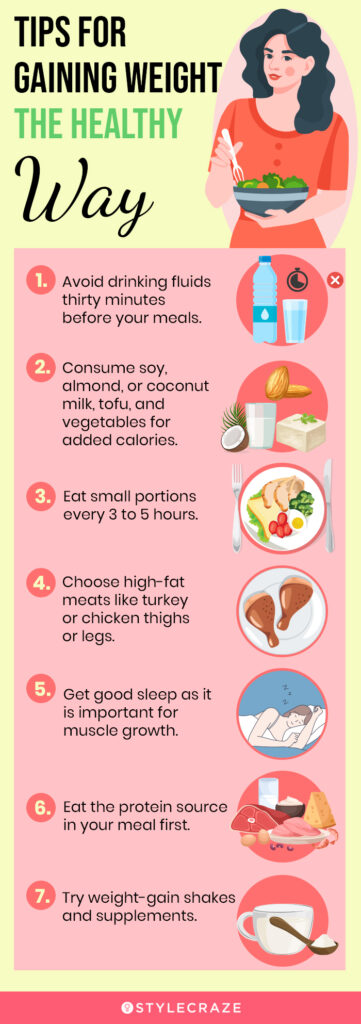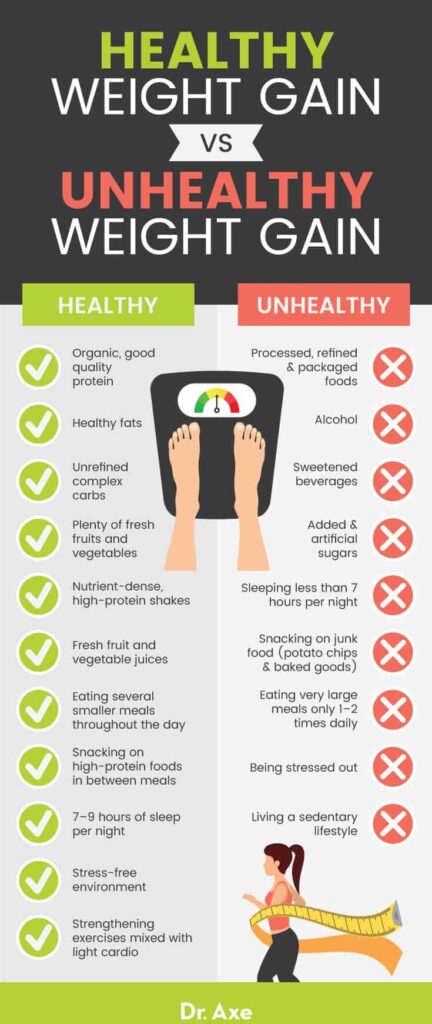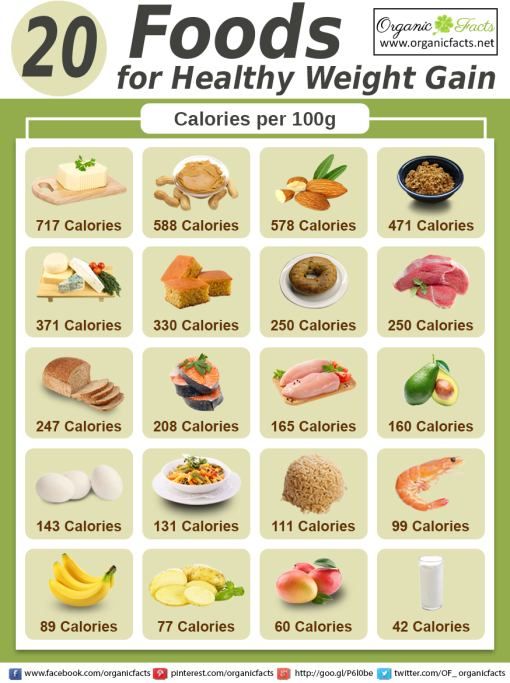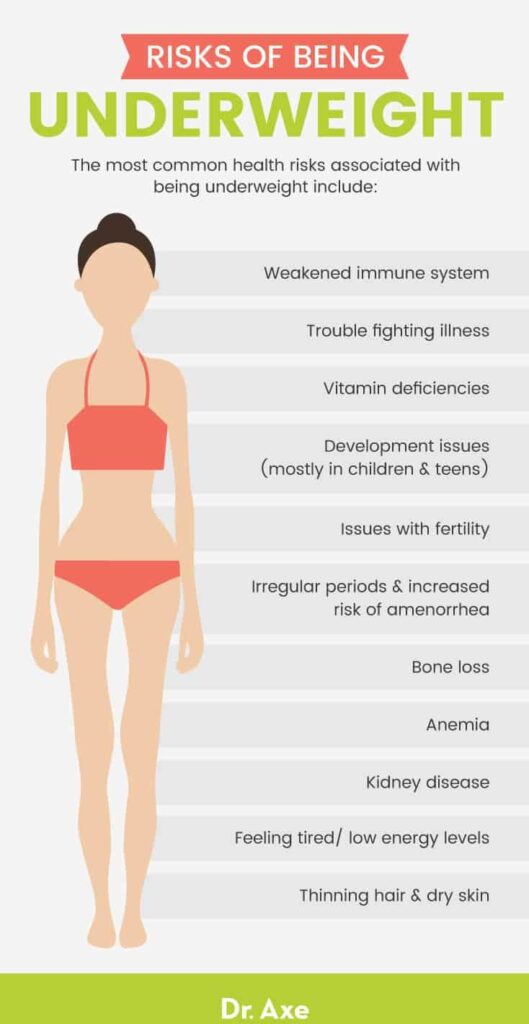Are you looking for effective ways to gain weight? If you’re someone who struggles with a fast metabolism or simply wants to bulk up, this article will provide you with actionable tips that can help you achieve your weight gain goals. From adjusting your diet to incorporating strength training exercises, these practical methods will guide you in your journey towards a healthier and more balanced body. Whether you’re an athlete, a fitness enthusiast, or someone looking to improve their overall physique, these tried and tested strategies will help you gain weight in a healthy and sustainable way.
Understanding Weight Gain
Gaining weight can be a complex process that is influenced by a variety of factors. It is important to understand these factors in order to effectively work towards your weight gain goals. Factors contributing to weight gain include genetics, metabolism, calorie intake, physical activity level, and overall health. By acknowledging the individual nature of these factors, you can tailor your approach to weight gain accordingly.
Factors Contributing to Weight Gain
Several factors can contribute to weight gain, and it’s essential to recognize and address them in order to achieve your desired results. Genetics plays a role in determining your body’s predisposition to weight gain, but it should not discourage you from working towards your goals. Metabolism, or the rate at which your body burns calories, varies from person to person and can affect weight gain. Additionally, a sedentary lifestyle, excessive calorie intake, and certain underlying health issues can also contribute to weight gain.

The Importance of a Balanced Diet
A balanced diet is crucial for healthy weight gain. It ensures that your body gets the necessary nutrients while also supporting muscle growth and overall well-being. A balanced diet should consist of a variety of food groups, including fruits, vegetables, whole grains, lean proteins, and healthy fats. These foods provide essential vitamins, minerals, and macronutrients that promote overall health and support weight gain in a sustainable way.
Understanding Caloric Surplus
In order to gain weight, you need to consume more calories than your body burns. This is known as a caloric surplus. It is important to understand the concept of caloric surplus and how to calculate your daily caloric needs in order to achieve weight gain effectively. Consulting a healthcare professional or a registered dietitian can help you determine your specific calorie needs and guide you in creating a meal plan that supports your weight gain goals.

Medical Considerations
Before embarking on any weight gain journey, it is crucial to consult a healthcare professional. They can assess your overall health status and help you identify any underlying health issues that may be contributing to weight gain or hindering your progress. Addressing these health issues is essential to ensure that your weight gain journey is safe and effective. Seeking professional guidance in developing a personalized weight gain plan tailored to your unique needs is highly recommended.
Nutritional Strategies
Several nutritional strategies can help you achieve your weight gain goals in a healthy and sustainable way.
Determining Daily Caloric Needs
Calculating your daily caloric needs is an important step in creating a weight gain plan. Understanding your total daily energy expenditure (TDEE) and adding a surplus of calories to it can help you determine your daily caloric intake goal. This surplus of calories will provide your body with the extra fuel it needs to gain weight.
Choosing Nutrient-Dense Foods
When aiming to gain weight, it’s crucial to focus on nutrient-dense foods. These are foods that are rich in essential vitamins, minerals, and macronutrients but are not excessively high in empty calories. Opt for whole grains, lean proteins, fruits, vegetables, and healthy fats to provide your body with the necessary nutrients for weight gain and overall health.
Increasing Protein Intake
Protein plays a vital role in muscle growth and repair. It is essential to increase your protein intake when working towards weight gain goals. Incorporate lean protein sources such as chicken, turkey, fish, tofu, legumes, and dairy products into your meals and snacks. Aim for a protein intake of around 0.8 to 1 gram per pound of body weight to support muscle development.
Optimizing Carbohydrate Intake
Carbohydrates provide energy for your body and are essential for weight gain. Incorporate complex carbohydrates such as whole grains, starchy vegetables, and legumes into your diet. These foods provide sustained energy and help fuel intense workouts, supporting weight gain and muscle growth.
Incorporating Healthy Fats
Healthy fats are a crucial component of a balanced diet and can aid in healthy weight gain. Include sources of healthy fats such as avocados, nuts, seeds, and oils in your meals and snacks. These foods provide essential fatty acids and help increase overall calorie intake in a nutritious way.
Adding in Healthy Snacks
Incorporating healthy snacks throughout the day can help increase your calorie intake. Choose nutrient-dense snacks such as nuts, nut butter, yogurt, protein bars, and dried fruits. Snacking between meals can provide your body with a steady stream of energy and contribute to weight gain.
Utilizing Meal and Snack Planning
Planning and preparing your meals and snacks in advance can be a helpful strategy for ensuring you meet your caloric goals. By having meals and snacks readily available, you can avoid relying on unhealthy options or skipping meals altogether. Consider meal prepping and packing snacks to make it easier to stay on track with your weight gain journey.
Including Calorie-Rich Beverages
Beverages can be a source of additional calories in your diet. Consider including calorie-rich beverages such as smoothies, protein shakes, milk, and fruit juices as a way to increase your calorie intake. These can be consumed alongside meals or as standalone snacks to help meet your daily caloric goals.
Considering Nutritional Supplements
In some cases, nutritional supplements may be beneficial in supporting weight gain efforts. Consult with a healthcare professional or a registered dietitian to determine if certain supplements, such as protein powders, weight gainer shakes, or multivitamins, are suitable for you.

Exercise and Muscle Building
In addition to a nutritious diet, regular exercise, particularly resistance training, plays a vital role in healthy weight gain.
Resistance Training for Weight Gain
Resistance training, or weightlifting, stimulates muscle growth and can contribute to weight gain. Incorporate strength training exercises into your fitness routine, focusing on all major muscle groups. This will help you build muscle mass and increase overall body weight.
Focusing on Compound Exercises
Compound exercises, which involve multiple muscle groups, are particularly effective for weight gain. Exercises such as squats, deadlifts, bench presses, and rows engage several muscle groups simultaneously, promoting efficient muscle growth and overall strength development.
Progressive Overload
To continue making progress in your weight gain journey, it is important to implement progressive overload. This involves gradually increasing the intensity, weight, or volume of your workouts over time. By challenging your muscles with progressively heavier weights or increased repetitions, you can stimulate further muscle growth and achieve weight gain.
Utilizing Proper Form and Technique
Using proper form and technique during exercises is essential for maximizing muscle engagement and preventing injuries. If you are new to resistance training, consider working with a certified personal trainer who can guide you in executing exercises correctly and safely.
Rest and Recovery
Rest and recovery are crucial aspects of any weight gain journey. Adequate rest allows your muscles to repair and grow, leading to increased strength and weight gain. Make sure to incorporate rest days into your workout routine to give your body time to recover. Additionally, prioritize getting enough quality sleep each night to support overall recovery and muscle growth.
Balancing Cardiovascular Exercise
While cardiovascular exercise is important for overall health, excessive cardio can impede weight gain efforts. Limit the duration and intensity of cardio workouts to prevent excessive calorie burning. Focus on incorporating short, high-intensity cardio sessions or low-impact activities such as walking or swimming to support cardiovascular health without compromising weight gain goals.
Meal Timing and Frequency
Proper meal timing and frequency can impact weight gain. Optimizing these factors can help ensure that your body receives a steady supply of nutrients throughout the day.
Eating Regularly
Maintaining regular eating habits can ensure that your body consistently receives the fuel it needs for weight gain. Set specific meal times and aim to eat every few hours to prevent excessive hunger and promote steady weight gain.
Increasing Meal Frequency
Increasing the number of meals consumed in a day can provide your body with more opportunities to meet its caloric and nutrient needs. Aim for 5-6 smaller meals throughout the day rather than 3 larger meals. This helps prevent feelings of fullness and makes it easier to meet your daily calorie goals.
Pre- and Post-Workout Nutrition
Eating before and after workouts is essential for providing your body with the necessary fuel and aiding in muscle recovery. Consume a carbohydrate-rich snack or meal before your workout to provide energy, and include a combination of protein and carbohydrates in your post-workout meal or snack to aid in muscle repair and growth.
Nighttime Snacking
Adding a nighttime snack can provide your body with additional calories and nutrients. Opt for a balanced snack such as Greek yogurt with fruit, a small protein shake, or a handful of nuts. However, be mindful of portion sizes and choose snacks that won’t disrupt your sleep.

Strategies to Increase Appetite
For some individuals, naturally having a low appetite can pose challenges when trying to gain weight. Implementing strategies to increase your appetite can help you meet your calorie goals.
Eating in a Relaxed Environment
Creating a calm and relaxed eating environment can help stimulate your appetite. Avoid distractions such as screens or stressful situations during meals. Take the time to enjoy your food and savor the flavors, which can enhance your appetite.
Managing Stress and Anxiety
Stress and anxiety can suppress appetite. Implementing stress management techniques such as deep breathing, meditation, or engaging in enjoyable activities can help alleviate these emotions and improve your appetite.
Using Smaller Plates and Bowls
Using smaller plates and bowls can create the illusion of a larger portion size, which may help increase your appetite. This can make your meals feel more satisfying and encourage you to eat more.
Experimenting with Flavors and Spices
Exploring a variety of flavors and spices in your meals can make eating more enjoyable and increase your appetite. Experiment with herbs, seasonings, and sauces to add new and exciting flavors to your dishes.
Incorporating Variety in Meals
Repetitive or monotonous meals can lead to a decreased appetite. Incorporate a variety of foods, flavors, and textures into your meals to keep your taste buds engaged and your appetite stimulated.
Avoiding Excessive Liquid Intake before Meals
Drinking excessive fluids before meals can fill up your stomach, leading to a decreased appetite. Limit your liquid intake at least 30 minutes before and after meals to ensure you have adequate space for solid foods.
Lifestyle Adjustments
Several lifestyle adjustments can support your weight gain journey and help you achieve your goals more effectively.
Improving Sleep Quality
Adequate sleep is essential for overall health and weight gain. Aim for 7-9 hours of uninterrupted sleep each night to support muscle recovery, hormone regulation, and proper metabolism.
Reducing Physical Activity Level
If you engage in excessive physical activity, it may impede weight gain efforts. Consider reducing the intensity or duration of some activities, particularly if you participate in excessive cardio or endurance training.
Minimizing Excessive Cardiovascular Exercise
While cardiovascular exercise is beneficial for overall health, excessive cardio can hinder weight gain efforts. Reduce the amount of high-intensity cardio in your routine and focus on resistance training to prioritize muscle growth.
Managing Stress Levels
High stress levels can result in poor appetite and hinder weight gain. Implement stress management techniques such as exercise, meditation, or engaging in enjoyable activities to minimize stress and support your weight gain journey.
Limiting Smoking and Alcohol Consumption
Smoking and excessive alcohol consumption can have negative effects on your overall health, including decreased appetite and nutrient absorption. Reduce or eliminate these habits to optimize your weight gain efforts and promote overall well-being.

Tracking Progress
Monitoring your progress throughout your weight gain journey is important for staying on track and making necessary adjustments. Several methods can aid in tracking progress effectively.
Monitoring Body Weight Changes
Regularly weighing yourself can provide insight into your weight gain progress. Aim for gradual weight gain of 0.5-1 pound per week. Keep in mind that weight fluctuations can occur due to factors such as water retention or hormonal changes, so focus on long-term trends rather than day-to-day variations.
Logging Food Intake
Keeping a food diary or using a mobile app to track your food intake can help ensure you are meeting your daily caloric goals. It can also help identify any nutrient deficiencies or areas for improvement in your diet.
Using Fitness Apps and Trackers
Utilizing fitness apps and trackers can provide valuable information on your workouts, including sets, reps, and weights lifted. These tools can help measure progress and ensure that you are consistently challenging yourself during your workouts.
Seeking Support and Accountability
Embarking on a weight gain journey can be challenging at times, and having support and accountability can be immensely beneficial. Consider the following strategies to stay motivated and on track.
Enlisting the Help of a Nutritionist or Dietitian
Seeking guidance from a nutritionist or dietitian is an excellent way to ensure that you are meeting your nutritional needs and progressing towards your weight gain goals in a healthy and sustainable manner. These professionals can provide personalized guidance, meal planning assistance, and ongoing support.
Joining Supportive Communities
Connecting with others who share similar goals can provide a sense of community, support, and motivation. Consider joining online communities or forums dedicated to healthy weight gain to share experiences, ask questions, and find inspiration.
Finding an Accountability Partner
Teaming up with a friend or family member who is also working towards weight gain goals can provide mutual support and accountability. Hold each other responsible for sticking to your nutrition and exercise plans, and celebrate your progress together.
Staying Consistent and Patient
Gaining weight, just like losing weight, takes time and consistency. Staying patient and maintaining a positive mindset throughout your weight gain journey is essential.
Setting Realistic Goals
Setting realistic and achievable goals is crucial for sustaining motivation and staying committed long-term. Be patient with your progress and focus on making gradual and sustainable changes rather than expecting immediate results.
Celebrating Small Victories
Acknowledge and celebrate your achievements along the way, regardless of how small they may seem. Recognizing your progress can boost motivation and reinforce positive habits.
Maintaining a Positive Mindset
Maintaining a positive mindset is essential when facing challenges or setbacks during your weight gain journey. Focus on the progress you have made and remind yourself of your long-term goal. Surround yourself with positivity and support to stay motivated and overcome any obstacles.
By understanding the factors contributing to weight gain, implementing effective nutritional and exercise strategies, making lifestyle adjustments, and staying consistent and patient, you can achieve your weight gain goals in a healthy and sustainable way. Remember to consult a healthcare professional or registered dietitian for personalized guidance and support throughout your journey. With determination and the right approach, you can successfully gain weight and improve your overall well-being.
